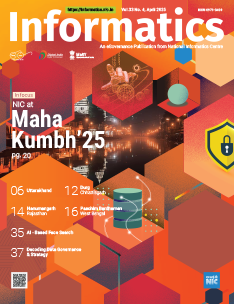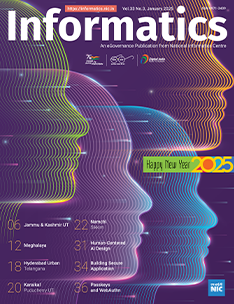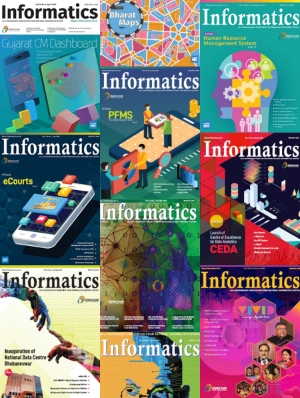Training Workshop on State e-PMS Portal conducted for Kerala on 17th and 18th January 2015
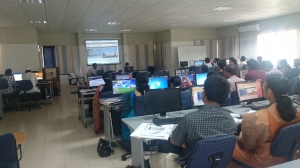
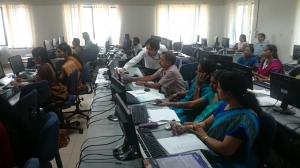
“ePMS, an On-line Project Management System for Kerala tracks the projects involving investment between 50 crore to 1000 crore. It enhances the efficiency, bring transparency and improve the communication between industries to Government and State to Centre or vice versa. It automates the entire tracking of stalled investment projects in the context of the bottlenecks. Industries can submit their projects with issues after creating their login credentials. When any project with issues is being added by an industry to the State PMG, the portal shall automatically push the data to the respective ministries at the state level. Once the project is being endorsed by State level Nodal Officer, it shall also be automatically routed to the Central PMG, if there are any issues/bottlenecks related to Govt. of India. Industries get the immediate response from the automatic mailer and they can see the current status of concerned projects through this platform immediately after the subgroup meeting is over if the decision being entered on-line”
In this context, a Training workshop on ePMS On-line Project Management System Portal was organized for Govt. of Kerala at Indian Institute of Information Technology and Management, Trivandrum, Kerala on 16th and 17th January 2015.
Training program started at 10:00 AM at conference hall, Mr. D. C. Bijalwan, Under Secretary, Govt. of India gave the introductory speech. He gave the description about the project and the historical aspects of the e-PMS and working role of different users. Then for technical introduction the chair was handed over to Mr. Vinod Kumar. J, Scientist-B, NIC to provide the technical insight of the e-PMS portal of Kerala. He first discussed the Agenda for the training followed by the complete audio/visual presentation for both Ministry/Department user and the private entrepreneur. Thereafter Mr. Vinod gave the complete demonstration about the working of the Kerala portal regarding the roles of ministry users. During the demo all the real examples were used to better connect with the users. Just after completing the demo a Q&A session of 15 minutes has also taken place. At 02:00 PM followed by half an hour lunch a session of hands on was conducted, which was initiated with opening statement by Mr. Amar Arora, STA, NIC regarding the procedure to connect and process to follow while doing hands on, after that hands on continued till 5:00 PM. During the hands on session, all the users were provided with to-do list which has the list of options which participants would be trying in accordance to their respective roles. During the hands on the actual adding of projects, acceptance by the sponsoring and comments made by the recipient, searching projects etc. were also tried by the users with the help of Mr. Vinod and Mr. Amar Arora. There after individual queries and doubts were also taken up and resolved after the hands on session. Thereafter the ministry users were requested to provide their feedbacks and allowed to leave after a vote of thanks to them.
On second day i.e. 17th January 2015, training program started at 10:00 AM at KSIDC Building, Conference room, the demo for administrator activities like Accepting the project, preparing the agenda and monitoring projects etc were given by Mr Vinod Kumar. All the additional task were explained in detailed way till 12:30 PM, which was followed by the Q&A session of 15 minutes, during this the state portal’s username and passwords was also handed over to the state PMG. At 2:00 PM the hands on session started with three groups of 2-3 members each. During this session they were provided with the to-do list of Admin users which list all the major operations as per Admin role. During hands on all the teams able to perform all the operations including project monitoring and commissioning reports. All the major doubts of all the participants were cleared during individual interaction by Mr. Amar and Mr. Vinod during the hands on. Then day was called after the break at 4:30 PM with the concluding comments by Mr. Bijalwan.




 Subscribe
Subscribe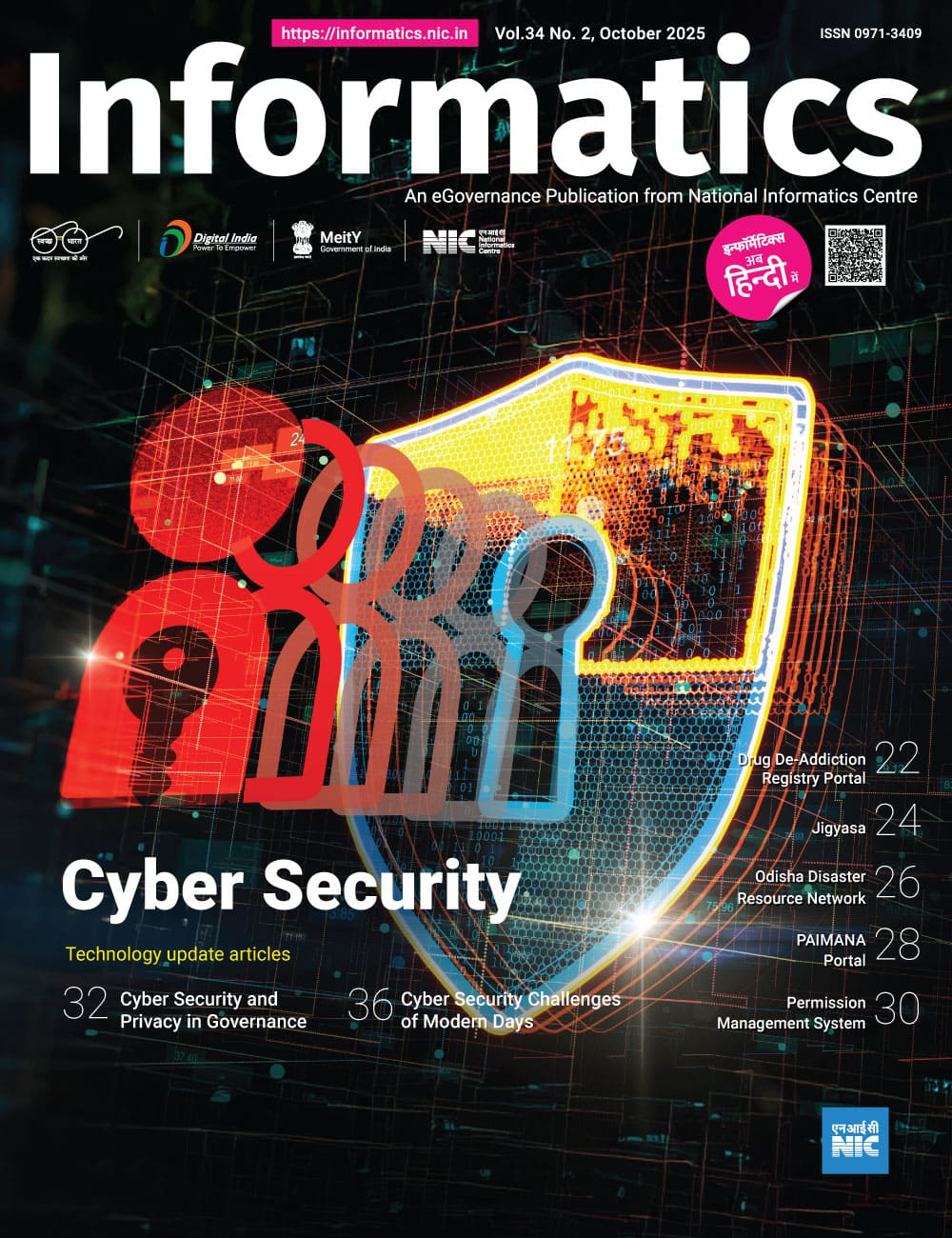
 Flipbook
Flipbook PDF (5.0 MB)
PDF (5.0 MB)
